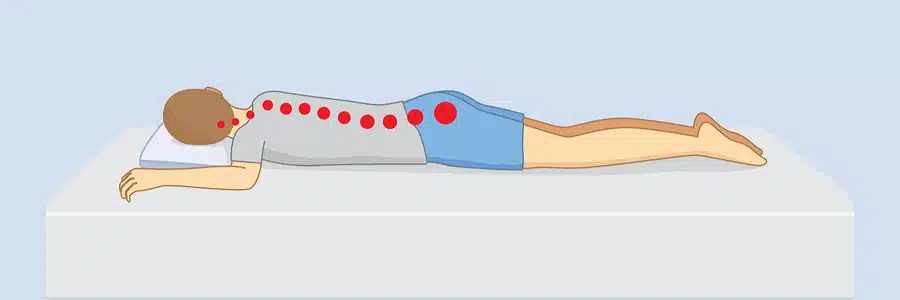World Sleep Day 2023: Interesting facts about sleeping you probably didn’t know about. The aim of World Sleep Day is to raise awareness of the importance of sleep and the impact that sleep problems can have on physical, mental, and emotional health.
Table of Contents
World Sleep Day 2023: Interesting facts about sleeping you probably didn’t know about
We spend about a third of our lives sleeping:
We spend about a third of our lives sleeping: On average, humans spend about 8 hours a day sleeping, which means we spend roughly one-third of our lives sleeping.
We dream every night:
We dream every night: It’s common to think that we only dream when we have a particularly vivid dream, but in reality, we dream every night.

However, we may not always remember our dreams.
Sleep deprivation can have serious consequences:
Sleep deprivation can have serious consequences:

Chronic sleep deprivation has been linked to a variety of health problems, including obesity, diabetes, heart disease, and depression.
Our bodies have a natural sleep-wake cycle:
Our bodies have a natural sleep-wake cycle: Our bodies have an internal clock called the circadian rhythm, which helps regulate our sleep-wake cycle.

This cycle is affected by factors such as light exposure, physical activity, and eating habits.
Blue light can interfere with sleep
Blue light can interfere with sleep:

Blue light from electronic devices such as smartphones and laptops can interfere with our ability to fall asleep by suppressing the production of the sleep hormone melatonin
The longest recorded time without sleep is 11 days:
The longest recorded time without sleep is 11 days: While it’s not recommended, some people have gone for long periods without sleep.

The current world record for the longest period without sleep is 11 days
Snoring can be a sign of sleep apnea
Snoring can be a sign of sleep apnea: Snoring can be harmless, but it can also be a sign of a serious sleep disorder called sleep apnea.

Sleep apnea is characterized by pauses in breathing during sleep, which can lead to fatigue, high blood pressure, and other health problems
Different people have different sleep needs:
Different people have different sleep needs: While most adults need around 7-9 hours of sleep per night.

some people may need more or less sleep depending on their individual needs.
Sleeping on your stomach can cause neck and back pain:
Sleeping on your stomach can cause neck and back pain: While sleeping on your stomach may feel comfortable.

It can put strain on your neck and spine, which can lead to pain and discomfort
Naps can improve productivity and alertness
Naps can improve productivity and alertness: Taking a short nap during the day can improve productivity and alertness, especially if you’re feeling tired or sleepy. A nap of 20-30 minutes can be especially effective
Here is where we share source of knowledge (Life Hacks & Life Style ), Entertainment, Technology, Fashion, E-News and updates all over the world.
Keep on visit our website for more updates

